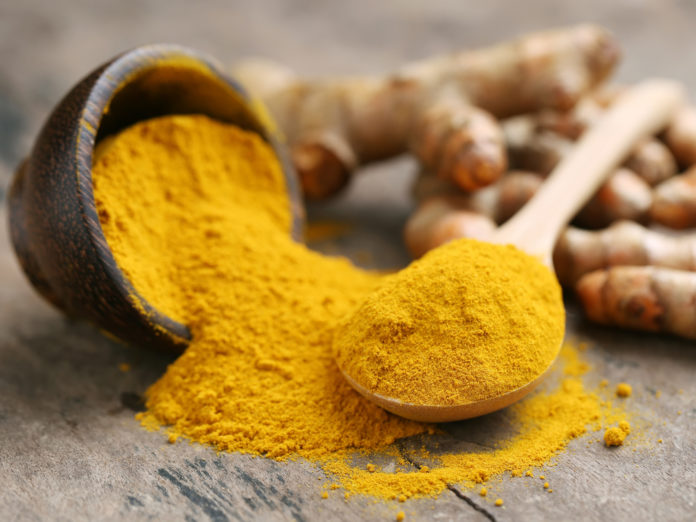What is Turmeric?
Coming from the turmeric plant, turmeric is a spice bright in color and mostly known for its warm, bitter taste in curry dishes. But aside from its culinary use, turmeric root is also used to make medicine, primarily related to its curcumin content. Curcumin, the chemical providing the vibrant color of turmeric, is suggested to reduce inflammation and combat against infection. From headaches, to arthritis, to inflammatory bowel disease, consuming turmeric has been used to treat an extensive number of inflammatory and infectious diseases and conditions. Turmeric also has topical use, and has been applied to skin in hopes to manage skin pain and sores, ringworm, bruising, and wounds.
Dosing Recommendations
According to WebMD, turmeric is likely safe when taken by mouth, or even applied to the skin, for up to 8 months. Though there are no set official guidelines for turmeric intake, The Joint FAO/WHO Expert Committee on Food Additives (JECFA) set the acceptable dietary intake as 1.4 milligrams (mg) per pound (or approximately 3 milligrams per kilogram) of body weight per day of curcumin. So for a 170-pound individual, this translates to almost 240 mg (2.4 grams) per day.
The following dosing recommendations of turmeric have also been explored and shown to be safe for treating the following conditions in adults:
- High Cholesterol: 4 grams of turmeric extract, divided into two doses daily, for 3 months
- Itching (Pruritus): 1500 mg, divided into three doses daily, for 8 weeks
- Osteoarthritis: 500 mg, four times daily, for 4 to 6 weeks
Turmeric Side Effects and Considerations
When dosed at appropriate levels, both turmeric and curcumin supplements do not generally have serious side effects. However, some people may experience adverse effects when taking large doses, primarily in supplement form, including an upset stomach, nausea, and dizziness, and diarrhea. Additionally, some products contain added fillers, such as gluten-containing ingredients, that poses great concern for people living with Celiac disease or gluten sensitivity. It is always important to purchase turmeric and curcumin products and supplements from trustworthy suppliers, including with verifiable approval seals from the NSF International and U.S. Pharmacopeial Convention.
Along with the dosing recommendations to lessen the risk of side effects, additional considerations are warned for safe turmeric consumption. If you…
…are pregnant or breastfeeding:
Consuming turmeric in foods is likely safe, though should be warned with caution when taken by mouth in medicinal amounts. Discussing with your healthcare provider can further direct you to appropriate guidelines.
…manage diabetes:
While curcumin’s potential ability to lower blood sugars may be beneficial for diabetes management, too low of blood sugars can be potentially dangerous.
…live with gastroesophageal reflux disease:
Also known as GERD or acid reflux, turmeric can worsen heartburn and other symptoms of the condition.
…have a gallbladder-related condition:
People with gallstones or a bile duct obstruction are warned to use turmeric with caution, as it may worsen the condition.
…are hormone-sensitive:
The curcumin content in turmeric has been shown to mimic the characteristics of estrogen, theorizing the risk of worsening hormone-sensitive conditions. Men may also experience a decrease in testosterone and sperm movement, increasing the chance of infertility.
…take an anticoagulant or antiplatelet drug:
Turmeric may slow blood clotting, prompting careful consideration when taking an anticoagulant or antiplatelet drug. The combination of the two increases the risk of bruising and bleeding. People undergoing surgery or who have bleeding disorders should also be cautious with its use.
Ultimately, turmeric and curcumin have shown to be safe when consumed or used in moderated amounts. If aiming to treat a specific condition or concerned regarding its intake, a healthcare professional can help determine the safeness of its use and recommend appropriate dosages as needed.






